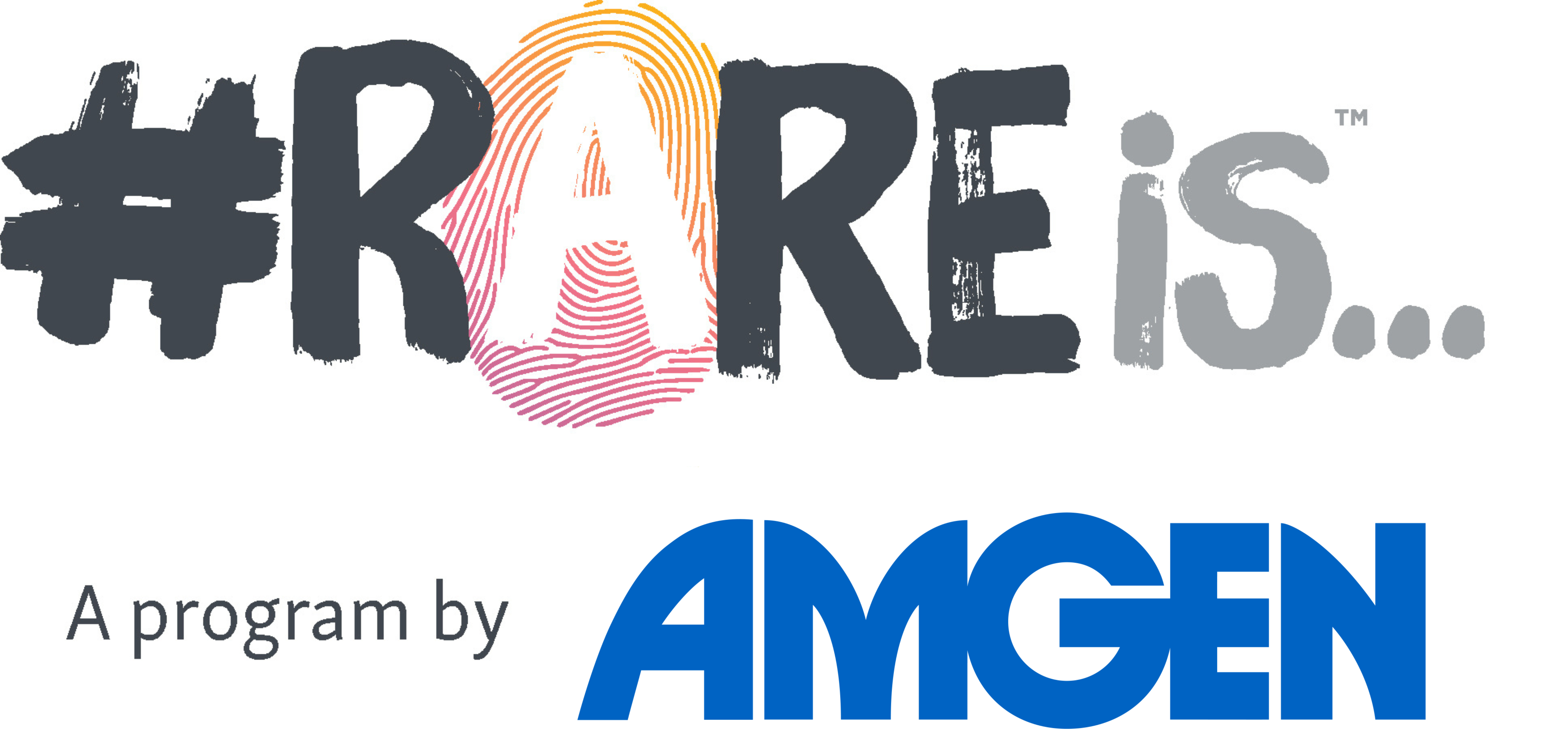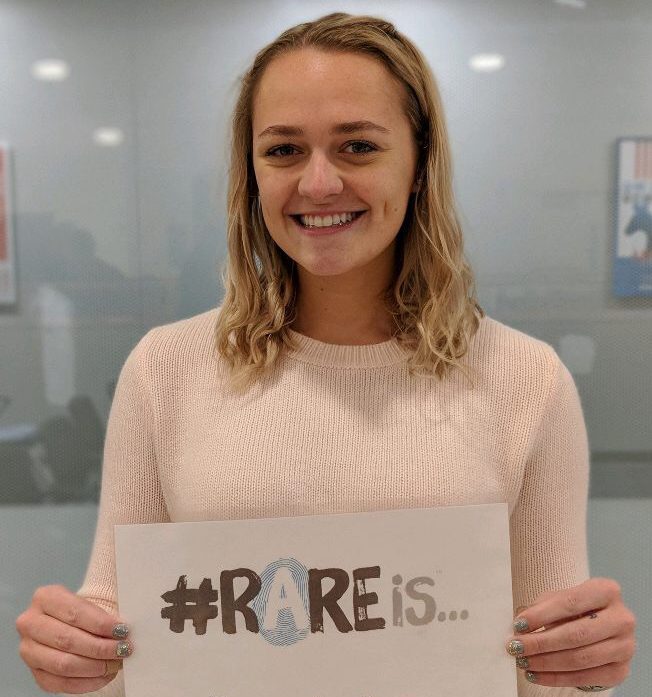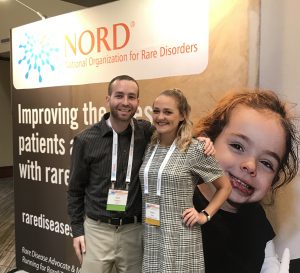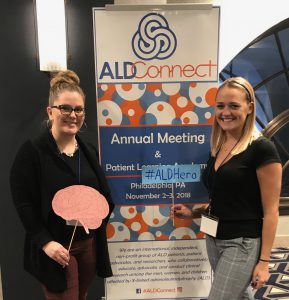Another significant concern faced by carriers of genetic diseases is the potential that they may pass their condition to their future offspring. While there are methods of alternative reproduction that can ensure that these conditions do not pass to the next generation, these methods often remain extremely expensive and inaccessible to many who need them.
While being a young adult with a rare disease can clearly be anxiety-producing, it can also be enlightening and yes, even rewarding. Over the years, I’ve watched the rare disease community, including patients, caregivers, clinicians, industry members and more, grow into a powerful team of advocates and even more importantly, a family with an unbreakable bond. I’ve witnessed young adults using their voices to tell their stories and make a difference, with the support of the rest of the community lifting them up and cheering them on. If there’s one piece of advice I’d give to anyone in the rare disease community, both young and old, it would be that advocacy generates hope.
About Taylor Kane
Taylor Kane is a 21-year-old carrier of the x-linked disease Adrenoleukodystrophy (ALD). Her father, Jack, was diagnosed with ALD when she was three-years-old, Jack’s condition quickly deteriorated, and he was completely bedridden for many months, unable to talk, walk and swallow, or understand much of what was going on around him. He died when she was five. Taylor became an advocate for ALD families at a very young age, helping to raise over $200,000 for ALD research. When she was in high school, she lobbied the senate and assembly in her home state of New Jersey, to introduce and pass a bill requiring the screening of newborns for ALD. She subsequently testified before both houses in support of the bill, and petitioned the governor to sign the bill into law, which he did in 2013.
Taylor founded Remember the Girls after learning that more than 50% of female ALD carriers go on to develop physical symptoms–sometimes severe ones, and that many carriers of the other x-linked recessive disorders are similarly affected. She soon realized that these female carriers, as a group, are often overlooked by the medical community, omitted from clinical trials, and have little peer or other support. While Taylor fervently believes that it is vital to continue to search for treatments and cures for the males who are typically more severely affected by these genetic diseases, Taylor also believes it is important to REMEMBER THE GIRLS!




